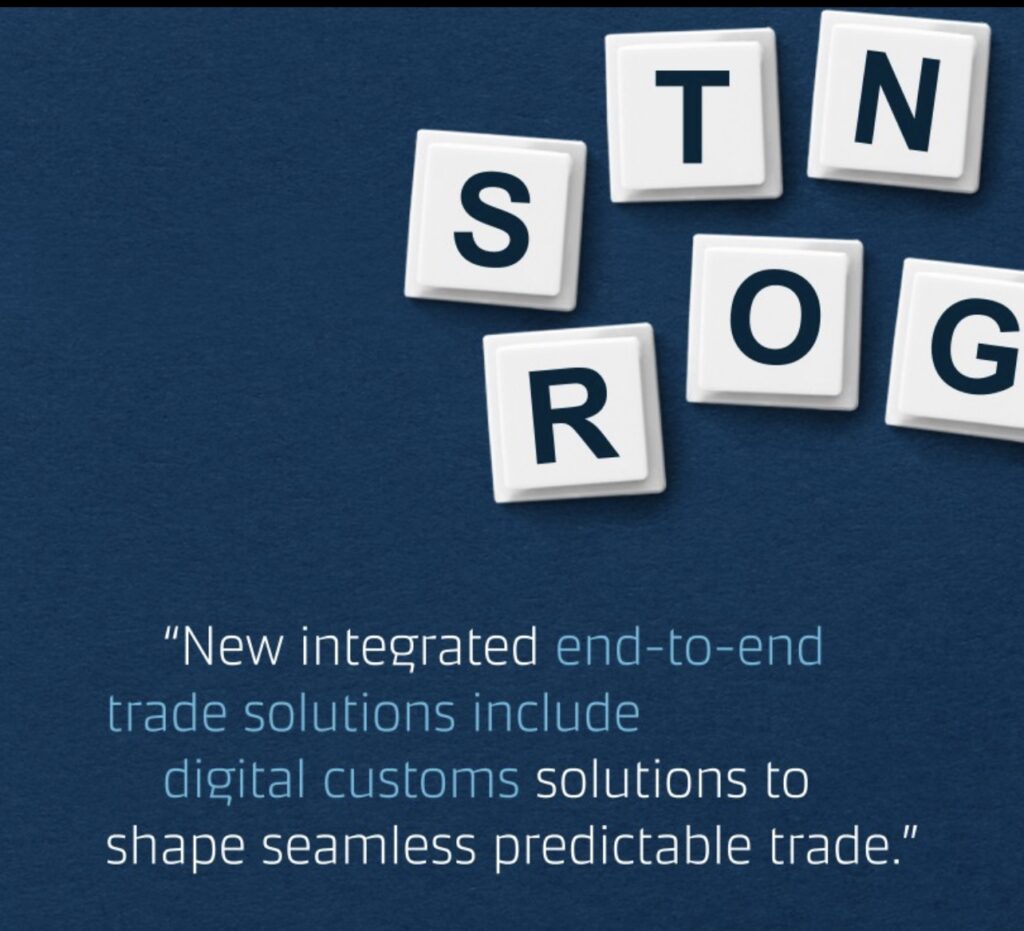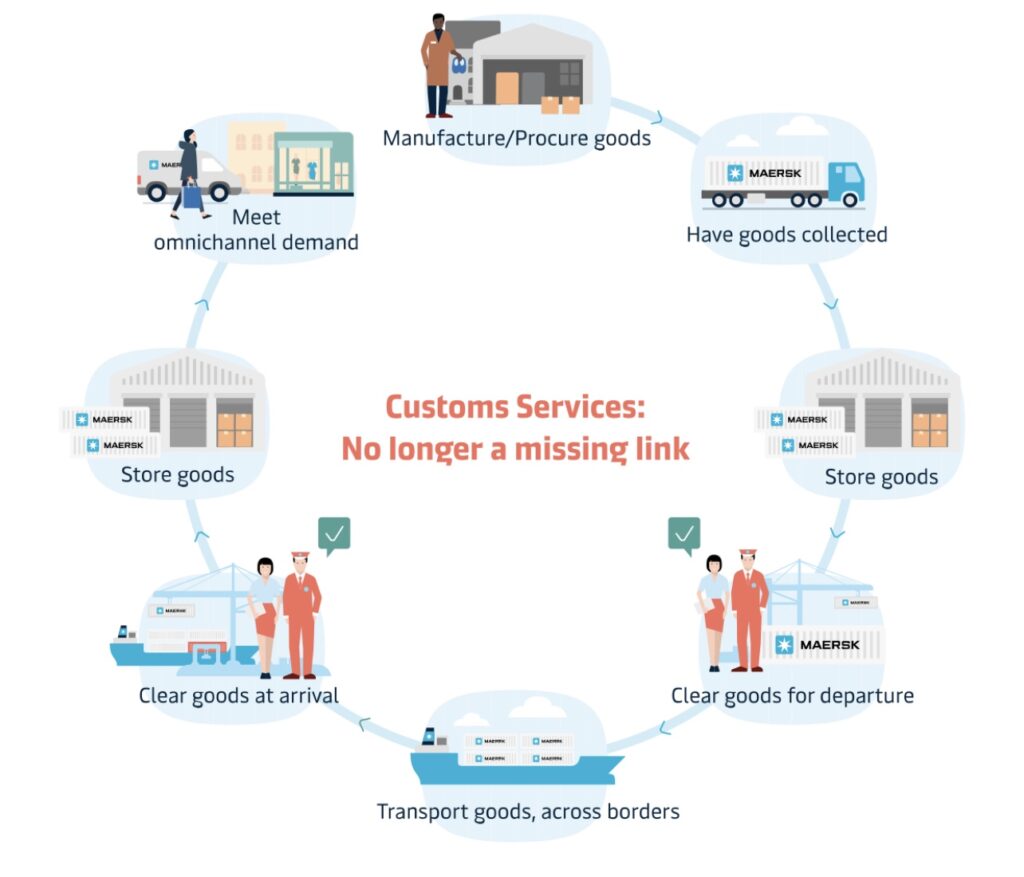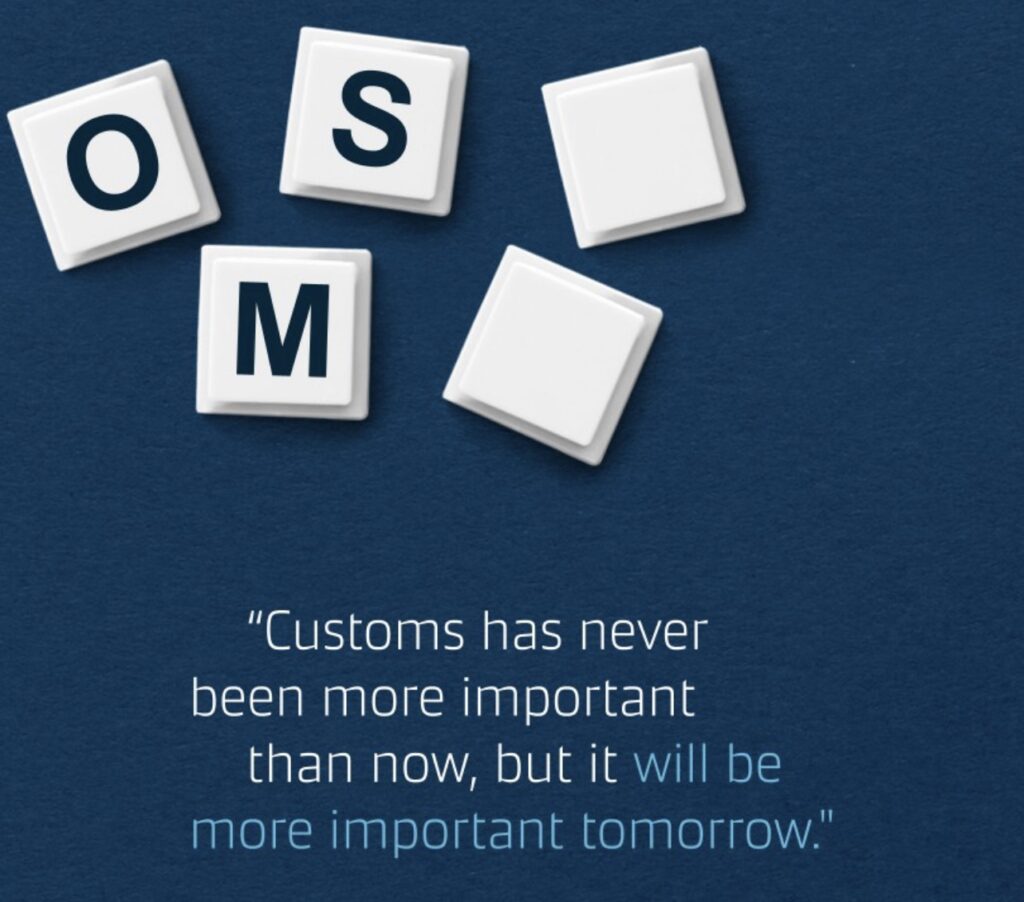Changing the language of customs by utilising it to strengthen supply chains
Contrary to some predictions, Covid-19 did not lead to de-globalisation. Instead, it has re-enforced pre-pandemic trends like the diversification of sourcing while highlighting the need for supply chains to be prepared for and responsive to major disruptions. To build such resilience, customers have begun to adopt a strategy of integration, investing in the seamless connection of goods and data, across the supply chain.

Customs is critical to supply chain integration
Today, almost 70% of all goods are handled through global supply chains. Different parts of a product are manufactured and assembled in different locations, based on various factors related to cost and quality. During the production cycle, product parts pass through numerous borders, sometimes even crossing the same border multiple times. These products are often referred to as ‘Made in the World’.
In the past, only high-tech industries such as automotive and aerospace had products ‘Made in the World’. Nowadays, this applies to most products, including those from the pharmaceutical, food, retail, lifestyle and FMCG sectors. In other words, almost 70% of all goods are dependent on customs, and businesses will only be able to achieve the resilience they need if customs is connected to the other aspects of their global supply chains.

The immediate need for integrated customs
The last 18 months have initiated a paradigm shift from just-in-time to just-in-case. Covid-19 lockdowns, increased complexity caused by trade wars, growing protectionism, increasing natural disasters due to climate change, and unanticipated events like the Suez Canal blockage, have made businesses recognise that it is too expensive to be unprepared.

Compliance has become more important than ever as businesses recognise that should a crisis strike, they need a backup plan. Visibility has moved to the top of every supply chain’s priority list so that they can respond to disruptions quickly and with intelligence. If customs isn’t effectively integrated into the supply chain, a crucial link in information exchange is broken, both upstream and downstream. With integrated customs services, this information can facilitate early action during a journey.
Compliance is not enough
One profound impact the pandemic has had on trends is the explosion of e-commerce. Businesses, particularly in Europe, see the immense growth opportunity e-commerce brings. To meet the expectations of today’s demanding customer, they know how important supply chain efficiency and agility are going to be.
Customs services can help companies optimise costs with a digital setup, superior risk mitigation and enhanced predictability. With the right expertise and a strategic approach, it also impacts a business’s bottom line by influencing strategies concerning sourcing, peak season demand, new market entry, and more.

What’s next in customs management
With the growth of e-commerce, the emergence of trade superhighways, and a deficit of customs expertise (particularly in the case of Brexit), customs management professionals will need to consider both ‘economies of scale’ and ‘economies of skill’.
Working with experts from reputable companies in customs and logistics services will add flexibility in times of change – like peak season. Companies can also build customs capabilities in-house through digital customs training or lease customs expertise through a ‘Customs as a Service’ solution.
Implementing modern digital customs solutions and compliance management tools will help improve foresight and control.
A combination of the two – expertise and digital operations – when integrated into the supply chain, will help shape the seamless, predictable trade customers have always hoped for.
You must be logged in to post a comment.